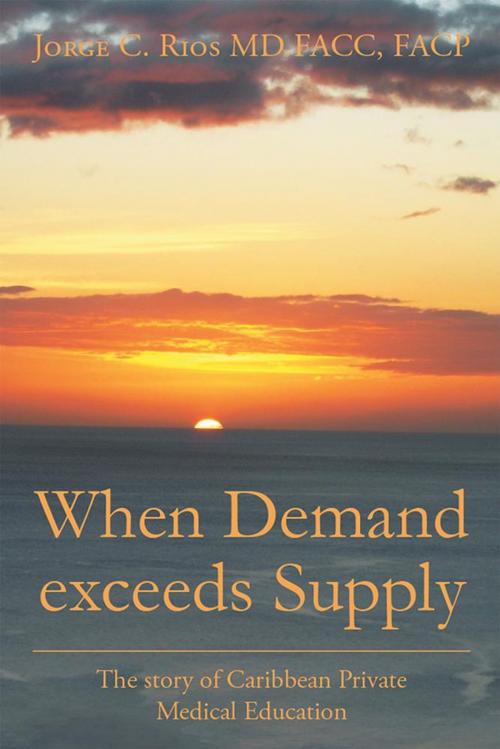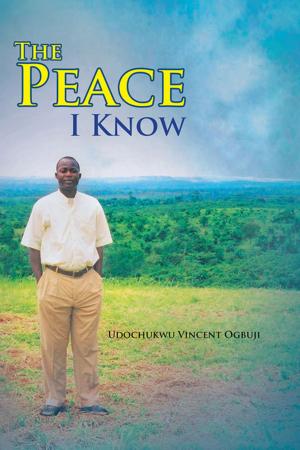When Demand Exceeds Supply
A Story of Caribbean Private Medical Education
Nonfiction, Reference & Language, Education & Teaching, Health & Well Being, Medical| Author: | Jorge C. Rios MD FACC FACP | ISBN: | 9781524533618 |
| Publisher: | Xlibris US | Publication: | August 20, 2016 |
| Imprint: | Xlibris US | Language: | English |
| Author: | Jorge C. Rios MD FACC FACP |
| ISBN: | 9781524533618 |
| Publisher: | Xlibris US |
| Publication: | August 20, 2016 |
| Imprint: | Xlibris US |
| Language: | English |
Every year 36,997 students apply, for the first time, for admission to a US medical school, a number that has been increasing over the years. Of these 37,000, only approximately half will gain admission. What happens to the rest? Many have true avocation for a medical career and will search for other options to pursue their dream. Many will search for a second option, a Caribbean medical school. Caribbean medical schools remain an enigma to those most involved in medical education. Many US medical educators may see them as insignificant, a lower-quality version of US medical schools. Dr. Jorge Rios has been an insider in US and Caribbean medical education. He shares candid information about the role that Caribbean medical schools play for both students and the US medical system as a whole. Applicants to medical school will benefit from his insights. His frank remarks will be particularly helpful to students who are interested in Caribbean medical schools as an education option. In addition, the Caribbean schools themselves would be wise to head his advice about how to improve their place within the hierarchy of medical schools. Finally, the book helps those involved in US education to differentiate between Caribbean medical schools and how the US system can benefit from greater alliances with them.
Every year 36,997 students apply, for the first time, for admission to a US medical school, a number that has been increasing over the years. Of these 37,000, only approximately half will gain admission. What happens to the rest? Many have true avocation for a medical career and will search for other options to pursue their dream. Many will search for a second option, a Caribbean medical school. Caribbean medical schools remain an enigma to those most involved in medical education. Many US medical educators may see them as insignificant, a lower-quality version of US medical schools. Dr. Jorge Rios has been an insider in US and Caribbean medical education. He shares candid information about the role that Caribbean medical schools play for both students and the US medical system as a whole. Applicants to medical school will benefit from his insights. His frank remarks will be particularly helpful to students who are interested in Caribbean medical schools as an education option. In addition, the Caribbean schools themselves would be wise to head his advice about how to improve their place within the hierarchy of medical schools. Finally, the book helps those involved in US education to differentiate between Caribbean medical schools and how the US system can benefit from greater alliances with them.















